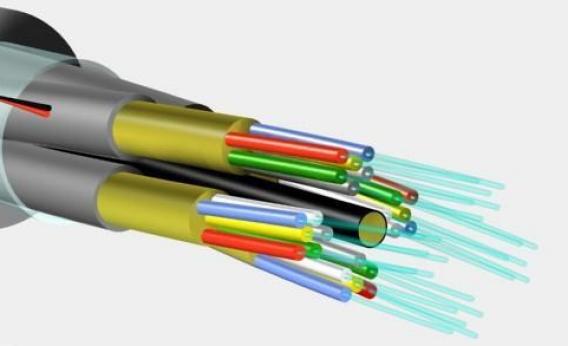Erik Kain kicked off a good round of discussion with a post about how HBO makes widespread Game of Thrones piracy nearly inevitable by refusing to sell anyone a copy of Game of Thrones. Instead, if you want to watch Game of Thrones you need to buy HBO which is a bundle of a whole bunch of shows. And if you want to buy HBO, you need to buy cable television which is a bundle of a whole bunch of channels. So if you want to watch Game of Thrones you have to pay for Game of Thrones and Girls and all of ESPN and CNN which can get quite expensive. Alternatively, you can download it on the Internet for free.
I see this as an example of why the socially optimal level of piracy is higher than zero since both HBO and its corporate parent Time Warner have some valid business model reasons for packaging their content in this way, but clearly the package model creates deadweight loss.
Many, however, are just fundamentally frustrated by the extent to which incumbent firms seem reluctant to take the leap into an inevitable-seeming emerging world where all content is basically streaming on-demand and paid for on an à la carte basis. But I think the frustrated need to spend less time being mad at companies and more time being mad at their fellow Americans. People who write on the Internet for a living can get a bit out of touch about this at times, but the fact of the matter is that home broadband internet is a much less popular product than cable television. Some people—like me—have broadband but no cable, but a much larger group of people have cable but no broadband. But there’s more. When new, higher-quality versions of cable are rolled out—digital cable, HDTV—consumers have proven themselves quite eager to pay higher prices for higher quality. But lots of people who could have broadband today aren’t buying it, and firms that have invested money in building better broadband have had difficulty selling it at a premium price point to anyone.
Now I find that set of preferences a little baffling, but tastes differ and that’s life.
The problem for people who do want to watch all their TV over the internet is that to provide enough video content to everyone for that to be the standard way of doing things, you’d need much more broadband capacity. And we could build much more broadband capacity, but people would have to want to buy it. And at the moment, it seems like people don’t really want to. Of course they would want to if cable television stopped existing, but all the infrastructure is alreayd there. Now maybe aggregate population preferences will change over time. There’s certainly some evidence that they’re shifting a bit. But hard as it is for web junkies to remember, lots of people seem perfectly happy checking Facebook on their phone.
